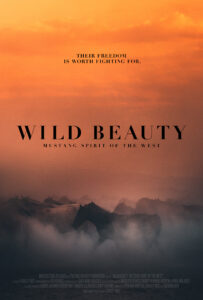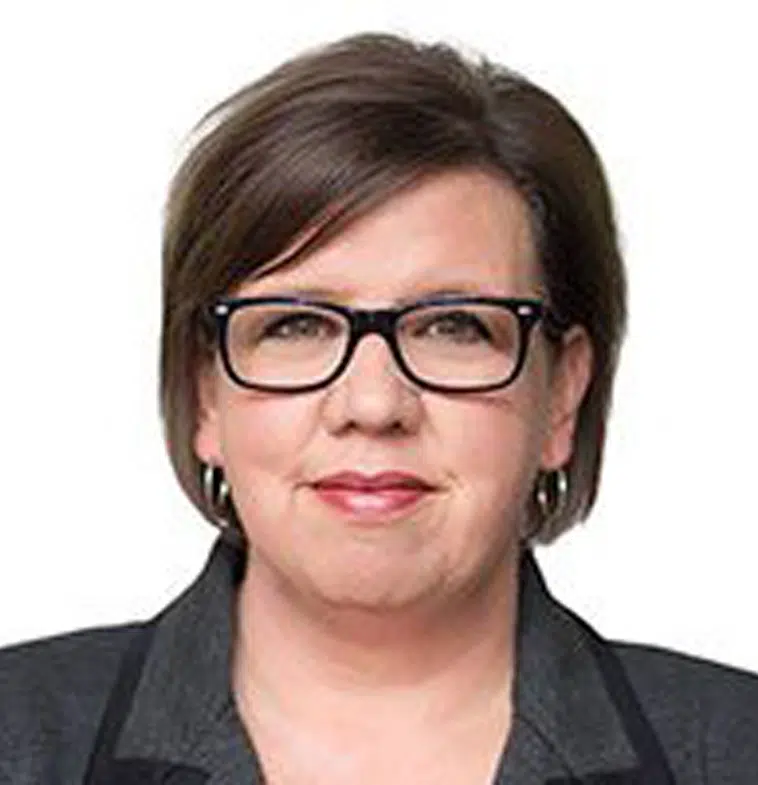 Wild horses in America are fast disappearing and on a path toward eradication, caught in a divisive battle over land and special interests. Rounded up by helicopters, they are losing their natural habitat, being separated from their families, and face the very real danger of fading away into history. While the situation that wild horses are facing is not new, their plight is becoming part of the discussion, and people are pushing back against their treatment.
Wild horses in America are fast disappearing and on a path toward eradication, caught in a divisive battle over land and special interests. Rounded up by helicopters, they are losing their natural habitat, being separated from their families, and face the very real danger of fading away into history. While the situation that wild horses are facing is not new, their plight is becoming part of the discussion, and people are pushing back against their treatment.
That rise in awareness is due in part to the work of filmmaker Ashley Avis – who recently wrote, directed, and edited Black Beauty for Disney+. The film, starring Kate Winslet and Mackenzie Foy, debuted Thanksgiving 2020. While that may have seemed like a wrap for some, for Ashley, her work on the project was just the beginning of her involvement with a much larger cause.
“When I was brought aboard to write and direct the modern-day reimagining of Black Beauty, I wanted to honor Anna Sewell’s original intentions. Black Beauty was not necessarily a children’s book, but rather an animal welfare plea for the horses of her time in the late 1800s,” Ashley said. “This was a classic novel that impacted so much of my childhood and my great love of horses, and in my research and efforts to do the remake justice, I came across the issues of wild horses in the American West.”
Ashley, like many others, had no idea that wild horses were being rounded up by helicopters and locked away in holding facilities. Diving headfirst into the issue, she learned that the Bureau of Land Management (BLM) was prioritizing special interest groups such as tax-subsidized livestock grazing, oil, and mining over preserving the ecological balance of Western public lands and were knowingly eradicating federally protected wild horses and native species using methods that were deeply antiquated and cruel.
During these roundups, wild horses are often chased for miles at a time into trap sites. These stampedes can take place in the sweltering heat, and wild horses, particularly small foals or pregnant mares, can be run to exhaustion and death. Stallions break their legs or backs trying to escape or bravely protect their families. But that’s just the beginning – following a roundup, the horses who are captured are then put into trailers and taken to a temporary holding facility where they are sorted before being moved to mass holding facilities where many live out their lives unable to be with their families, gallop, or in some instances, find proper shelter from the elements. Currently, there are approximately 60,000 wild horses being held in government holding facilities.
 While some of these horses are adopted, the BLM is allowed to euthanize those deemed unhealthy or un-adoptable. For example, “strike horses,” meaning wild horses who have been “put up for adoption” who do not find homes can be euthanatized. Horses with club feet, or those deemed “blind” even if they have survived in the wild, can also be put down. Given these wild horses may be adopted cheaply, some for as little as $25 each, thousands have been “adopted” by duplicitous “kill buyers” and flipped into the slaughter pipeline.
While some of these horses are adopted, the BLM is allowed to euthanize those deemed unhealthy or un-adoptable. For example, “strike horses,” meaning wild horses who have been “put up for adoption” who do not find homes can be euthanatized. Horses with club feet, or those deemed “blind” even if they have survived in the wild, can also be put down. Given these wild horses may be adopted cheaply, some for as little as $25 each, thousands have been “adopted” by duplicitous “kill buyers” and flipped into the slaughter pipeline.
“We have been on the ground to witness horses being trampled, or breaking their legs, attempting to escape such a foreign entity taking them away,” Ashley said. “No horse is truly safe during a helicopter roundup, which many leading environmental and animal organizations define as inhumane.”
Within this heartbreaking new reality, Ashley felt it was imperative to do something and decided to build upon her background and skillset and intertwined this modern-day issue into her reimagining of Black Beauty. After the film’s successful debut, she, along with her husband and producing partner Edward Winters, decided to keep going to raise awareness for the little-known issue. “We felt a deep passion and obligation to use our platform as filmmakers to protect the horses,” Ashley said.
The result was the formation of their social profit, The Wild Beauty Foundation, and the film, Wild Beauty: Mustang Spirit Of The West. The couple independently raised the initial funding for the film in 2018 and spent the next four years out on the road, capturing the astounding beauty of wild horses across thirteen states from Colorado, Oregon, and Idaho, to Wyoming, California, and Arizona. During that time, they attended helicopter roundups and went undercover into the auction world of Texas, where wild horses are illegally sent to slaughter by duplicitous buyers.
“Wild Beauty truly found its evolution after the heartbreaking roundup of the iconic Onaqui horses of Utah in 2021, which was featured in Disney’s Black Beauty, and in the editing room, where I cut the film myself and wrote the narration simultaneously,” Ashley said. “Wild Beauty became a unique balance between showing the cinematic beauty of wild horses and their closely bonded families, and a journalistic exposé into the corruption befalling them.”
While Wild Beauty is complete and available now, Ashley and Edward’s involvement in the issues surrounding wild horses is far from over. In addition to bringing children and young people into the fight through The Wild Beauty Foundation, in 2023, the two were awarded a Special Congressional Commendation for their work by Congresswoman Dina Titus. The next step for the film, and this issue, is to illuminate members of Congress.
“Our great hope is that Wild Beauty: Mustang Spirit Of The West will inspire audiences around the world to recognize the unique astounding beauty of what we have in the American West and what we must raise our voices to protect,” Ashley said. “I hope that through the power of storytelling, we will be able to save wild horses before they disappear forever. Not only for us, but for generations to come, who deserve to see wild beauty on our public lands.”
Learn more about how you can join Ashley and Edward and “Stand With Wild Horses” on the foundation website. There you can find different ways to help, amplify their messaging, and learn more about the issues at hand.

